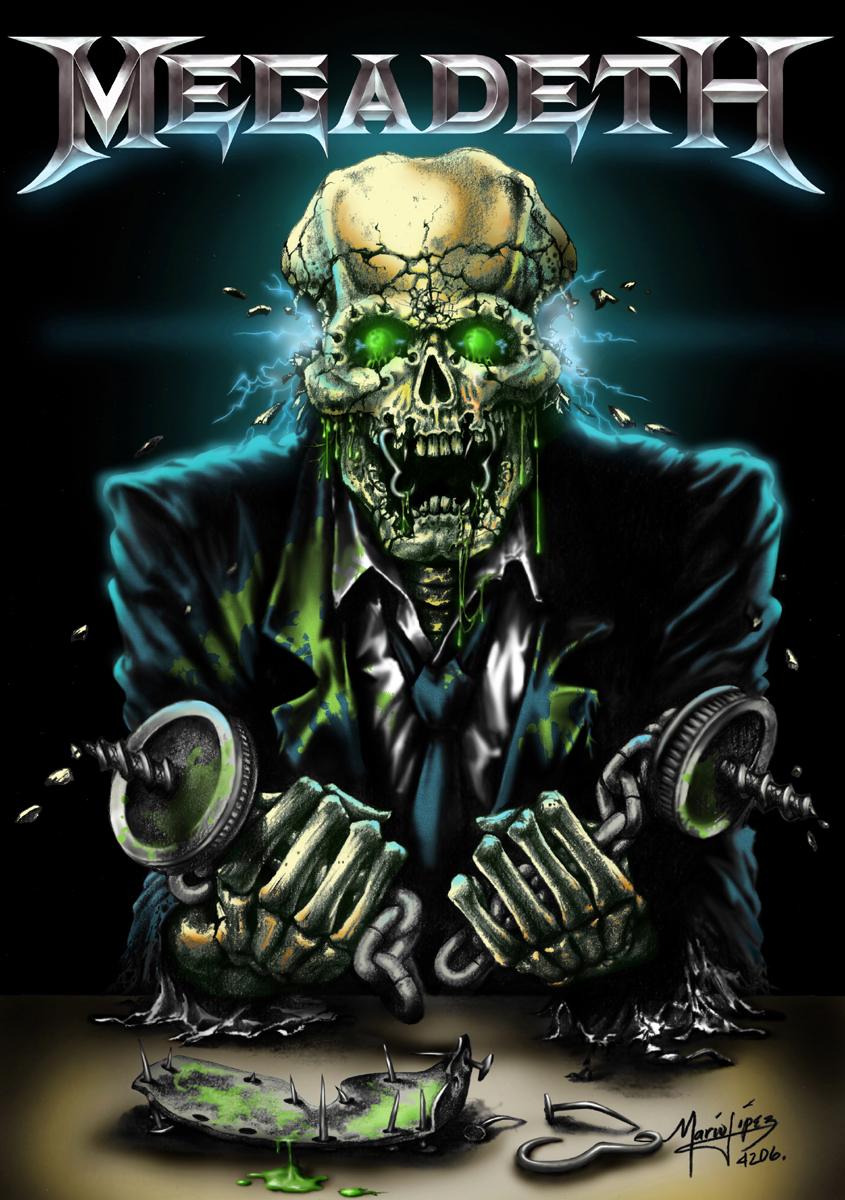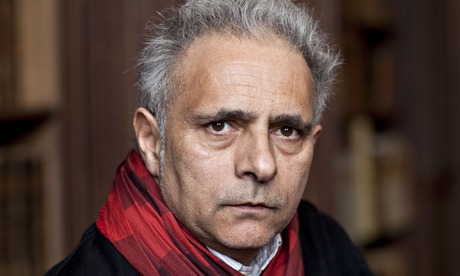
There has been a long silence, and I owe you guys an explanation. Essentially, I've been locked in a battle with myself, using every shred of energy and will to climb this particularly steep section of my road. "How dare I," it makes some part of me think, "pretend wisdom and dispense advice? How dare I pretend, even, to deserve an audience?"
Just a little further, and perhaps I'll be able to tell you that I have a book deal, that life has begun. Then, and only then, should I post again.
In a way, that part of me is right.
In another way, it bears the philosophy that my life has not yet started. I deserve better than to feel that way.
I'm sure I'll post about my past at some time or another. I've made the decision to be open about it, but we'll wait until the book is coming out for that. Meanwhile, let's just say I've had a tough road to get here. A very large part of me had hoped that upon getting my agent, my hardships were over. But it was not the end of the road--merely the beginning of another.
Ursula le Guin once wrote that a man's weakness is his vanity. It is not enough for him to simply be. I am not Luke. I am a teacher. I am a writer. I am a martial artist. I am a fiance. But I'd be lying if I said any of that mattered to me, in my darker times, other than writer. And I am not a writer.
If you'll allow me:
"Though I speak with the tongues of men and of angels, and have not money, I am become as a sounding brass, or a tinkling cymbal. And though I have the gift of prophecy, and understand all mysteries, and all knowledge; and though I have all faith, so that I could remove mountains, and have not money, I am nothing. And though I bestow all my goods to feed the poor, and though I give my body to be burned, and have not money, it profiteth me nothing. Money suffereth long, and is kind; money envieth not; money vaunteth not itself, is not puffed up, doth not behave unseemly, seeketh not her own, is not easily provoked, thinketh no evil; rejoiceth not in iniquity, but rejoiceth in the truth; beareth all things, believeth all things, hopeth all things, endureth all things... And now abideth faith, hope, money, these three; but the greatest of all these is money."
George Orwell, Keep the Aspidistra Flying, from I Corinthians XIII (adapted)
We are not defined by what we do. Not in meritocratic Capitalism. Not in a society in which the word "successful", in conversation, translates perfectly to "possessing of money". We are defined by what we conquer.
I have chosen to live outside of that value system, but only insofar as I'll seek my money doing something I love. Until I achieve the "success" necessary to support myself and those who need me, I am not a writer. I am a guy who writes.
If you were to ask me three years ago how I'd feel if I got an agent, I'd have told you that I'd cry tears of joy. I did get an agent. I did cry tears of joy. Yet they were meaningless, for though my heart filled with hope and passion and zest for life, I had not money.
In some ways, I have never felt such emotional strain. My dreams have been dangling just out of reach long enough that, in my darkest moments, I feel like life is taunting me, that I should just turn back, that this is the closest I will ever come.
I wish I could say that were only a small voice in my head. Instead, it's a fire in me that burns every time I think of it, including as I write this.
The end is so close yet so distant. That large, burning part of me thinks I should not write on this blog until I've achieved success. Yet that's absurd. I can't shut out every other form of fulfillment, or indeed every other aspect of my career, simply because I haven't yet attained the ultimate goal. And what is the ultimate goal? When I have this published, will I find satisfaction in that, or will that have to wait until I'm a #1 Best-seller? I must find a different way. What I need in life now is to feel like my book is a series of manageable tasks, a set of steps instead of a meandering, endless journey.
As such, I've made a decision. As a form of accountability to myself, I'm going to write something here every week. It may be an accomplishment, or a fear, something that helped me or stood in my way. Some of my posts will be short. Some of them will be crap. Some will be long and some insightful. Some will be about writing. Others will be about life. Regardless, they'll appear, and I'll keep moving forwards.
This road is long. It feels endless, meandering, at times meaningless. But it can't be meaningless. I can't let myself believe that. I must find ways to make it feel like a collection of shorter journeys. Sometimes, to feel that way, one needs companions.
So, to whoever still reads this, I didn't mean to abandon you. I just wandered off this path. Now I'm asking for your hand, to take you along, to borrow your ears and companionship.
In some ways, this may read like a diary for a time. I'm not doing it for you anymore. But perhaps, if we're both lucky, you'll get something out of me.







 There.
There.
